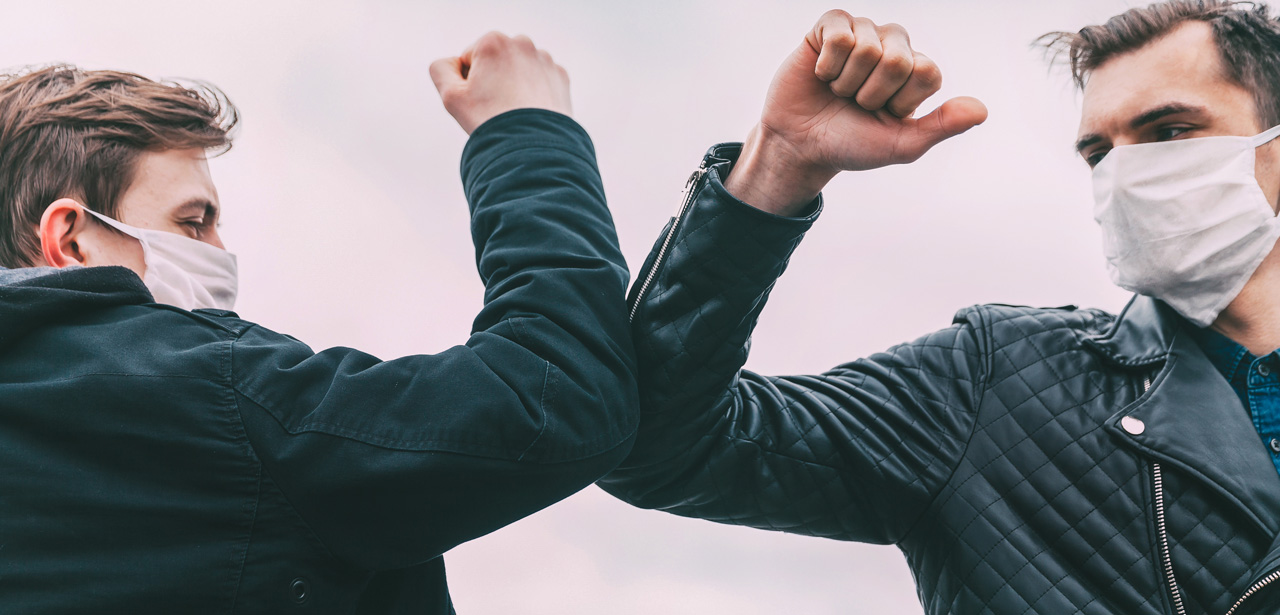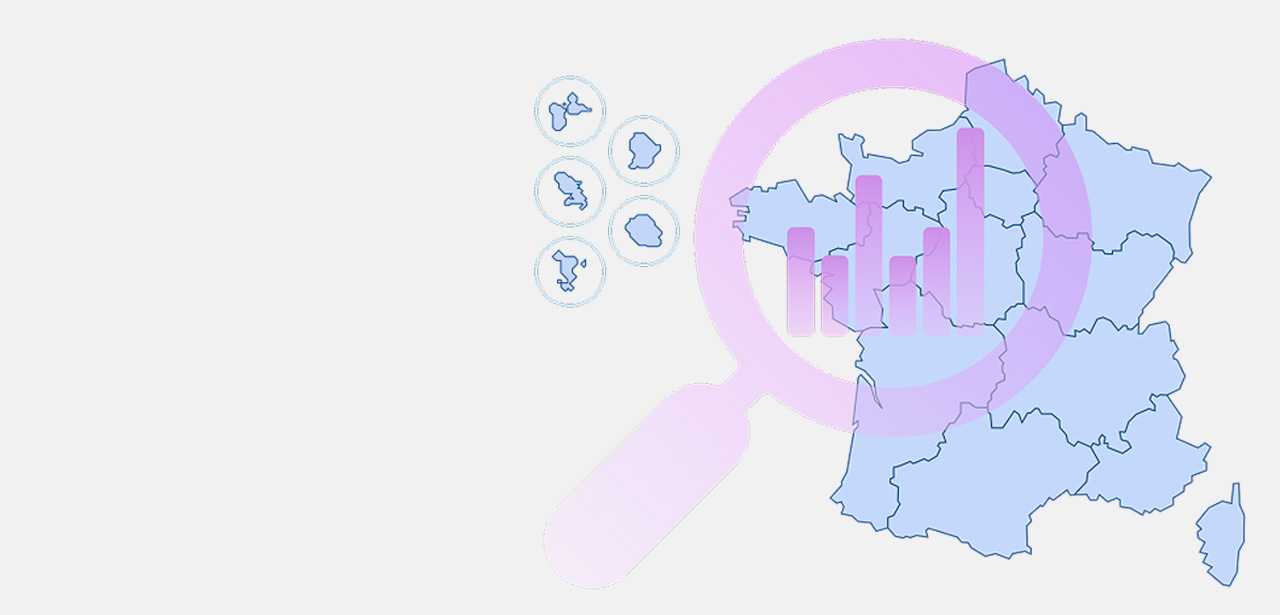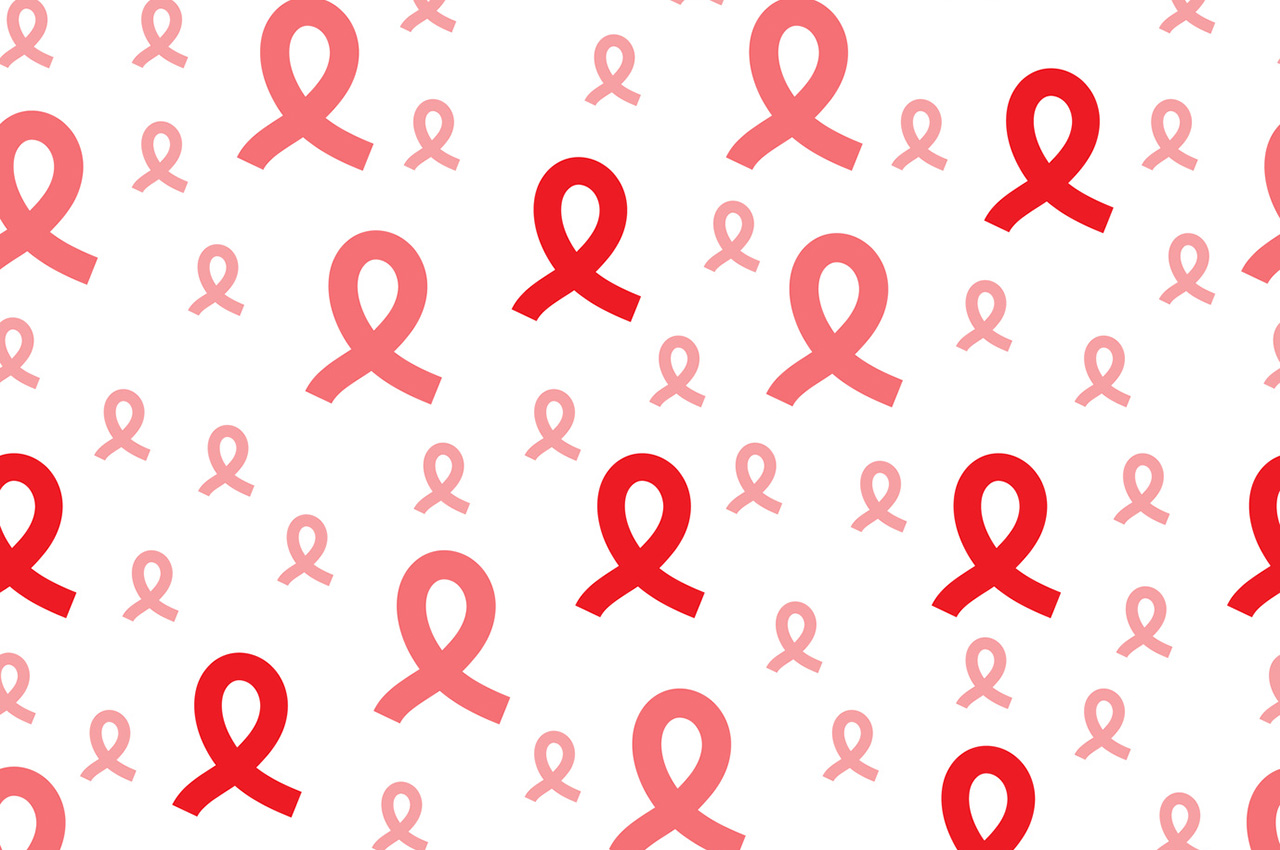French population as from 17 March 2020. This epidemic crisis, as well as the living conditions under lockdown are likely to impact the mental health of the population. Santé publique France has thus set up a behavioural and psychological surveillance with one of the objectives being to assess the state of the mental health of the population, identify its determinants, and monitor its evolution. Methods - Samples from the general population are issued from an access panel of the BVA polling institute. For each wave, an independent sample of 2,000 people aged 18 and over residing in metropolitan France are interviewed via the Internet. The data presented here are from the first two waves that took place from 23 to 25 March and 30 March to 1 April 2020 Results - During the first wave, the prevalence of anxiety was 26.7%, i.e. twice the rate observed in a previous survey in the general population (13.5% in 2017). During the second wave, the prevalence of anxiety had significantly decreased to 21.5%. Higher risks of anxiety were associated with 1/ Socio-demographic characteristics: being a woman, being a parent of children aged 16 years or younger, reporting a difficult financial situation; 2/ Living conditions related to the epidemic situation: working from home and having a friend or relative who has been ill or has had symptoms of COVID-19; 3/ Knowledge, attitudes and practices about COVID-19: perceiving COVID-19 as a serious disease and feeling vulnerable to it. Conversely, having a good understanding of the disease transmission route, respecting the lockdown measures, feeling able to adopt protective measures and having confidence in the government action reduced the risk of having anxiety. Moreover, the decrease in anxiety between the two waves has not been observed in people who reported a difficult financial situation, in the least advantaged socio-professional categories, or in people living in promiscuity, thus reflecting the widening gap of health inequalities during the lockdown. Conclusions - These initial results helped strengthen and adjust the response for mental health promotion and prevent the development of psychological disorders. They also highlight the need to protect and support the most vulnerable households. Finally, they suggest a protective effect of lockdown on anxiety and question a possible upward trend of anxiety level after lockdown.
Auteur : Chan-Chee Christine, Léon Christophe, Lasbeur Linda, Lecrique Jean-Michel, Raude Jocelyn, Arwidson Pierre, du Roscoät Enguerrand
Année de publication
: 2020
Pages : 1-9


